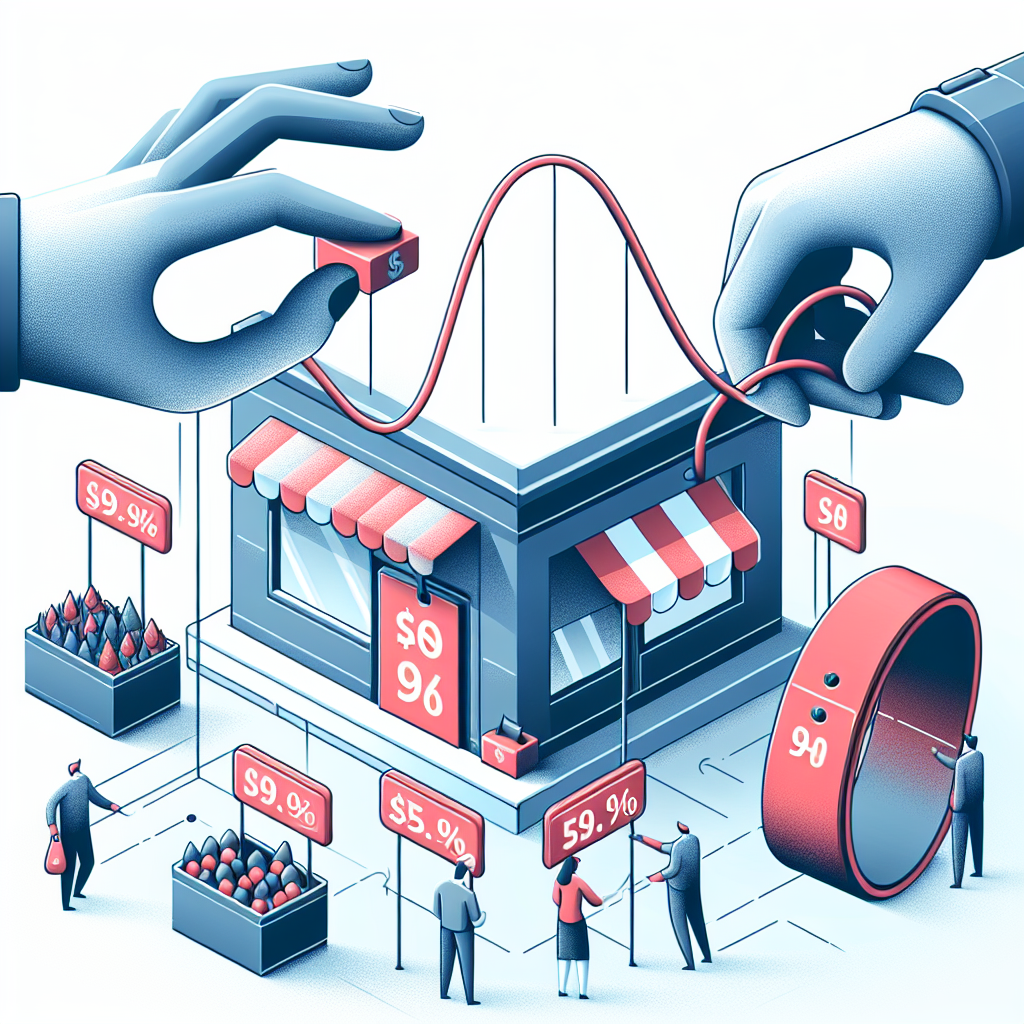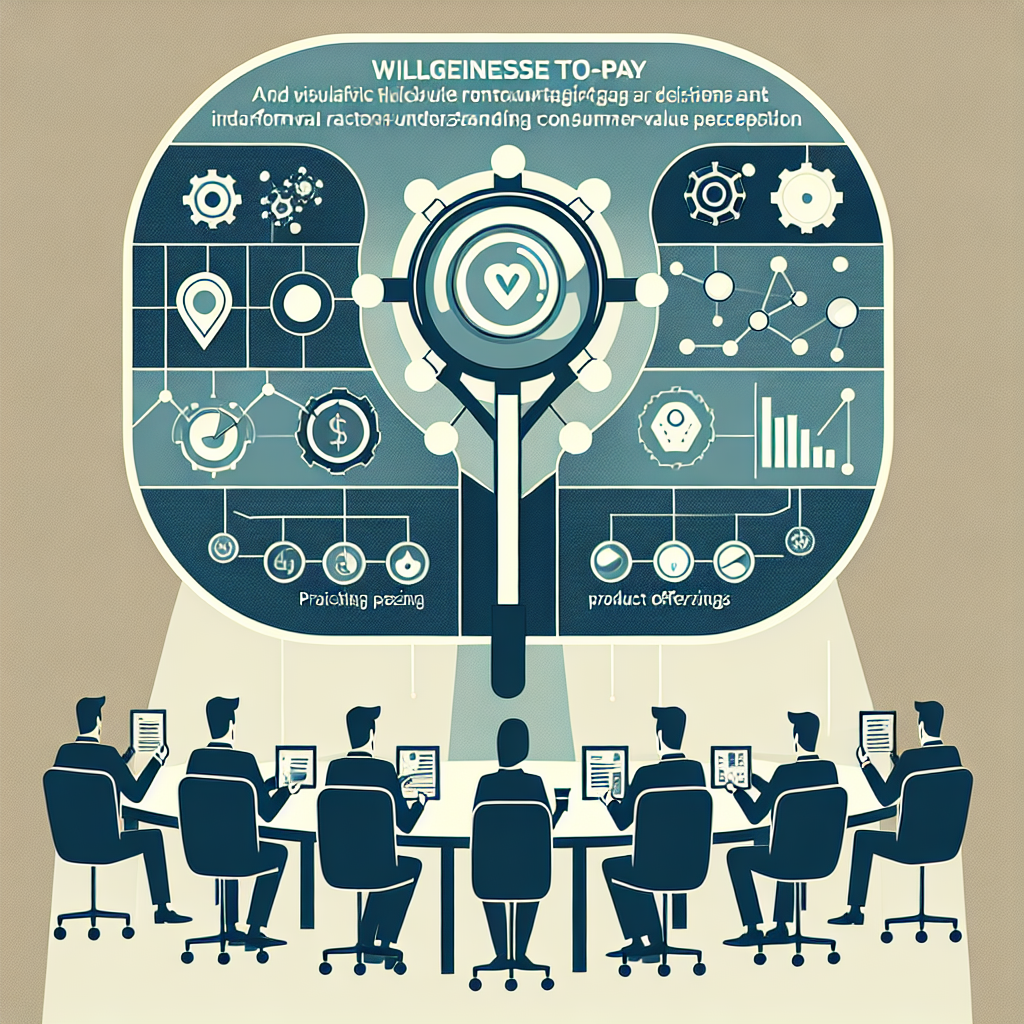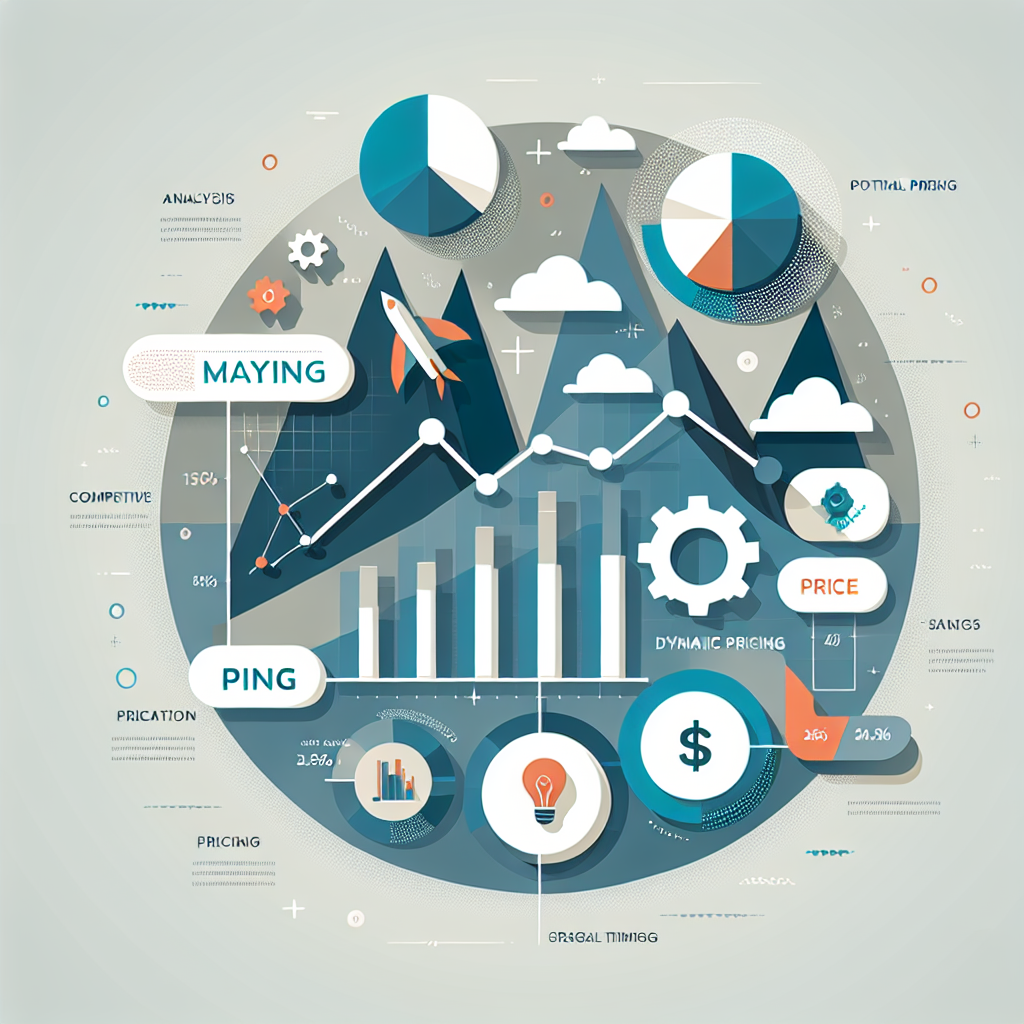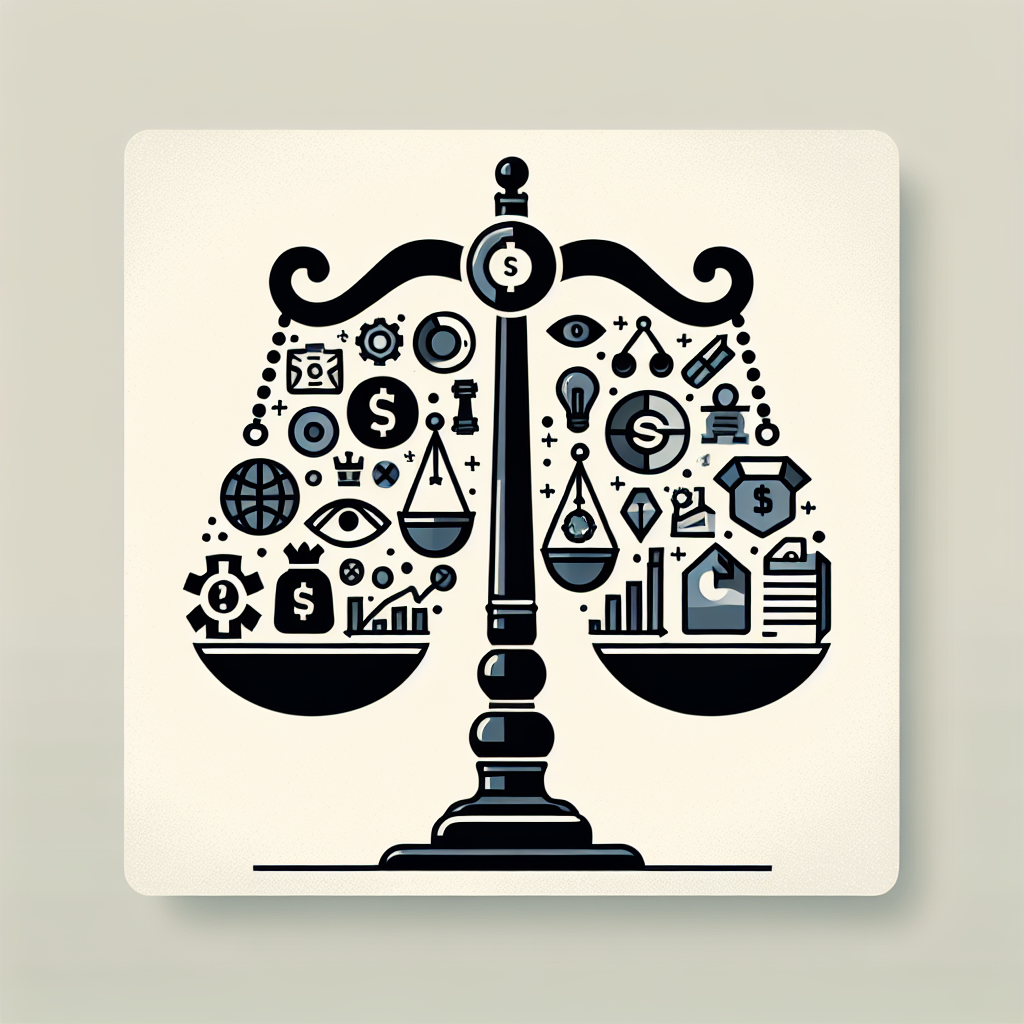Ethics in Marketing Research: Beyond Consent
The moment remains vivid in Neha's memory: she was sitting across from Elaine, a veteran CMO at a multinational consumer goods company, and watching Elaine's face transform from confidence to concern. "We collected all this behavioral data from our app users—completely legally with proper consent forms—but something doesn't feel right about how we're using it," Elaine confided during their strategy meeting. She described how their latest marketing campaign had leveraged intimate purchasing patterns to create eerily personalized messaging, prompting several customers to ask how the company "knew so much about them." While the consent boxes had been checked, it felt as though an ethical line had been crossed. That conversation sparked Neha's journey into exploring how marketing research ethics extends far beyond simple legal compliance in an increasingly data-saturated world.
Introduction: The Evolving Ethical Landscape
Marketing research ethics has transformed dramatically in recent years, evolving from straightforward consent protocols to complex ethical frameworks addressing unprecedented challenges. As digital technologies enable increasingly intimate consumer understanding, traditional ethical guardrails have proven insufficient. Research from the Journal of Consumer Marketing indicates 78% of consumers believe companies know "too much" about them, despite having technically consented to data collection.
This ethical gap between compliance and consumer expectations creates significant business risk. Brands experiencing ethics-related backlash report average revenue impacts of 7-12% and recovery periods exceeding 14 months. Beyond financial implications, the Marketing Science Institute reports ethical missteps in research can damage brand trust by up to 36% among affected segments.
As Katherine Johnson, Director of Consumer Insights at the Marketing Research Association observes, "The future belongs to organizations that move beyond checking consent boxes to establishing genuine ethical partnerships with consumers in research contexts."
1. Privacy in the Digital Age
The digital revolution has fundamentally altered privacy dynamics in marketing research, creating unprecedented ethical challenges that require sophisticated responses.
The Illusion of Anonymity
Traditional anonymization techniques have proven increasingly inadequate in protecting consumer identity:
- Cross-platform data aggregation enables re-identification of supposedly anonymous participants
- Machine learning algorithms can identify individuals from surprisingly small data samples
- Behavioral signatures create unique "fingerprints" even when personal identifiers are removed
Leading firms now employ advanced privacy-preserving methods including differential privacy techniques, federated learning approaches, and synthetic data generation to extract meaningful insights while protecting individual identities.
The Context Integrity Framework
Advanced marketing research organizations have moved beyond blanket privacy policies to context-integrity models that recognize consumers have different privacy expectations in different contexts. Microsoft's marketing research division pioneered this approach, reducing privacy complaints by 64% by calibrating data collection transparency to the specific research context and cultural expectations of participants.
Preserving Meaningful Choice
Ethical research design preserves authentic consumer choice rather than manipulating consent through:
- Simple, non-technical consent language
- Opt-in rather than opt-out defaults for sensitive data collection
- Granular permission options rather than all-or-nothing choices
- Clear articulation of research purpose and potential applications
Companies implementing these principles, including Unilever and Procter & Gamble, report not only improved ethical outcomes but also 23% higher quality data and 18% improved participant retention in longitudinal studies.
2. Children and Vulnerable Populations
Research involving vulnerable populations presents distinct ethical challenges requiring specialized approaches beyond standard protocols.
Children as Research Participants
Marketing research involving children requires particularly stringent protections:
- Age-appropriate assent processes supplementing parental consent
- Developmentally calibrated research methods that align with cognitive capabilities
- Protection from potentially harmful research techniques like peer pressure scenarios
- Clear boundaries on behavioral data collection and emotional manipulation
The Children's Advertising Review Unit has documented that research designs specifically calibrated for child participants not only provide stronger ethical protection but yield 42% more accurate insights compared to methods simply adapted from adult research.
Defining and Identifying Vulnerability
Contemporary ethical frameworks recognize vulnerability extends beyond age to include:
- Cognitive impairment and mental health considerations
- Digital literacy and technological access gaps
- Cultural and language barriers affecting informed consent
- Economic disadvantages that may coerce participation
Leading research organizations like Ipsos and GfK have developed vulnerability assessment protocols that dynamically adjust research methodologies based on participant vulnerability indicators rather than applying one-size-fits-all approaches.
Representation Without Exploitation
The most ethically advanced organizations balance inclusion of marginalized voices with protection from exploitation. This balance involves:
- Community-based participatory research design
- Equitable value exchange for participation
- Research outcomes that benefit participating communities
- Acknowledgment of historical context in research with marginalized groups
Major retailers implementing these principles report not only more ethical outcomes but insights that drive 29% greater innovation in product development for underserved markets.
3. Data Usage Transparency
In an era of increasingly sophisticated data analytics, transparency about how research data will be used has become a cornerstone of ethical practice.
The Full Lifecycle Approach
Ethical transparency extends beyond collection to include:
- Clear communication about data retention periods
- Disclosure of potential secondary uses and analyses
- Transparency about algorithmic decision-making applied to research data
- Accessibility of insights generated from participant contributions
Organizations implementing this approach report a 37% increase in participant willingness to share sensitive information and 41% higher opt-in rates for follow-up research.
From Disclosure to Comprehension
Leading organizations have shifted from technical disclosure to ensuring genuine comprehension:
- Tiered information provision starting with essential concepts
- Visualization of data flows and usage scenarios
- Participatory demonstrations of how insights are generated
- Feedback mechanisms confirming understanding of key data usage aspects
Netflix's research division pioneered visualization-based consent processes, demonstrating how viewing data would impact recommendations, resulting in 58% higher comprehension rates compared to standard text disclosures.
Closing the Say-Do Gap
Research organizations demonstrate ethical leadership by auditing actual data usage against stated intentions:
- Regular compliance audits comparing intended versus actual data usage
- Participant access to their own contribution and its applications
- Third-party verification of usage claims and commitments
- Remediation processes when usage extends beyond original consent
Companies implementing regular transparency audits report 26% fewer data governance incidents and significantly higher trust scores from research participants.
Conclusion: The Future of Ethical Marketing Research
As artificial intelligence, biometric measurement, and passive data collection continue advancing, marketing research ethics must similarly evolve. Leading organizations recognize that legal compliance represents the floor, not the ceiling, of ethical practice. The future belongs to research operations that view ethics not as a constraint but as a strategic advantage that builds consumer trust, enhances data quality, and generates more actionable insights.
The next frontier includes participatory ethics frameworks where consumers actively shape ethical standards rather than simply accepting researcher-defined terms. Organizations pioneering these approaches report not only reduced ethical risk but also insights that more accurately reflect authentic consumer needs and priorities.
Call to Action
For marketing researchers seeking to elevate ethical practices:
- Audit current research operations against emerging ethical standards beyond legal requirements
- Invest in ethics training that moves beyond compliance to values-based decision frameworks
- Develop ethics review processes for research designs involving sensitive data or vulnerable populations
- Create transparent channels for participants to understand how their contributions influence decisions
- Build ethical considerations into research design from inception rather than addressing them post-collection
In today's trust-challenged marketplace, ethical excellence in research has become not just a moral imperative but a business advantage that drives both insight quality and brand reputation.
Featured Blogs
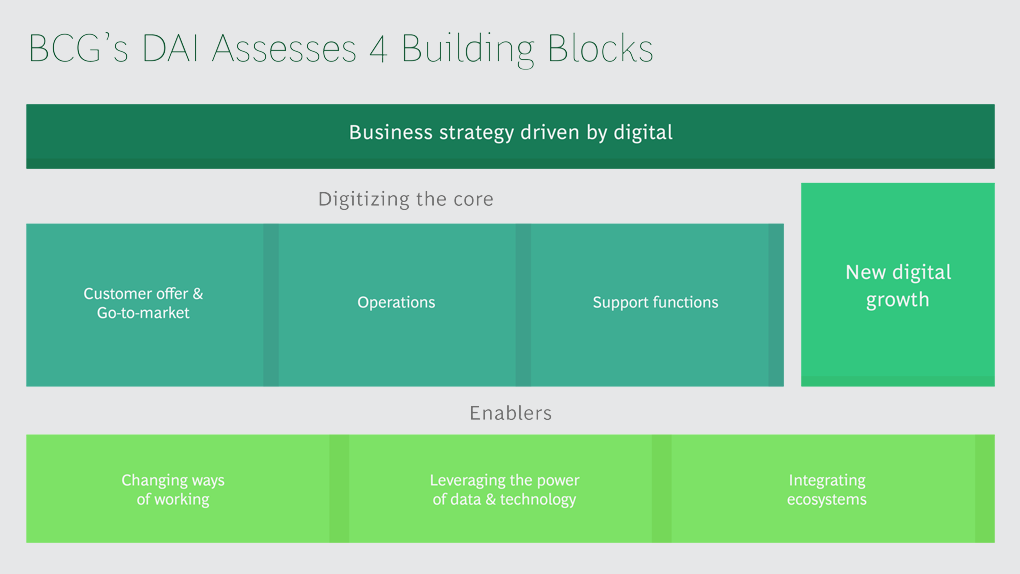
BCG Digital Acceleration Index
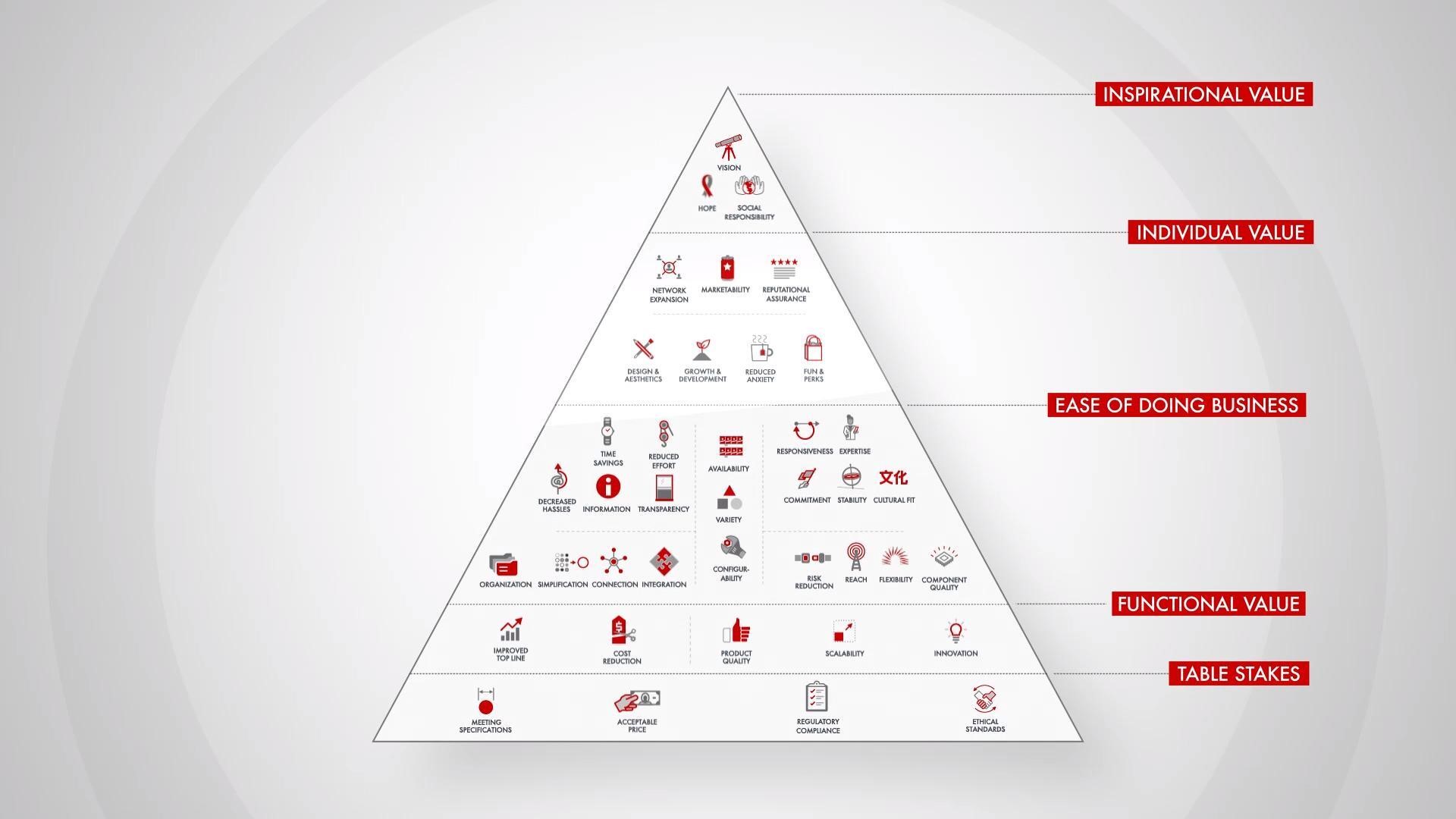
Bain’s Elements of Value Framework
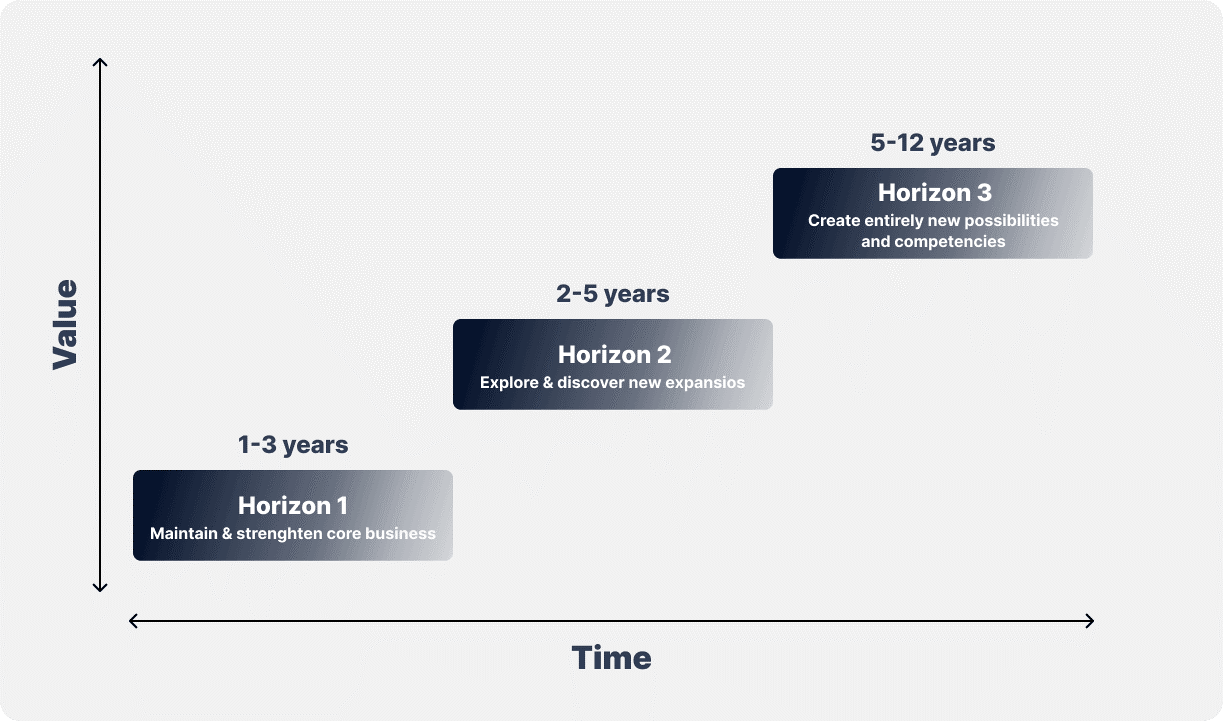
McKinsey Growth Pyramid
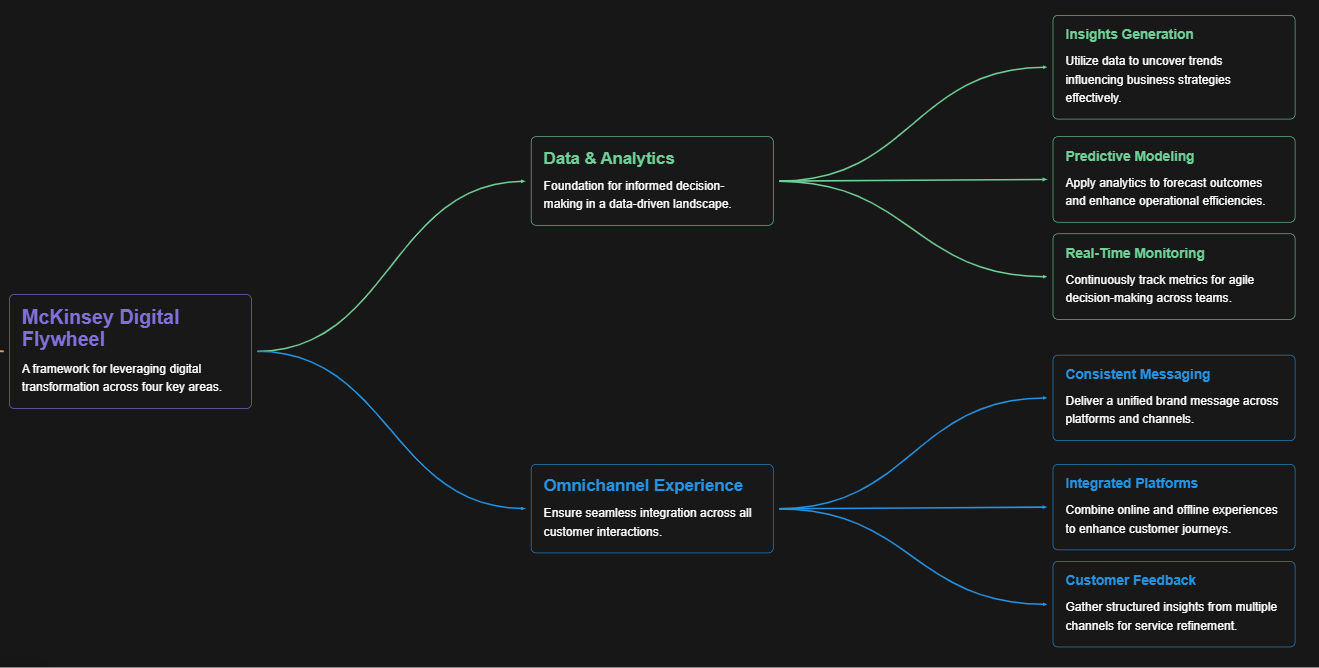
McKinsey Digital Flywheel
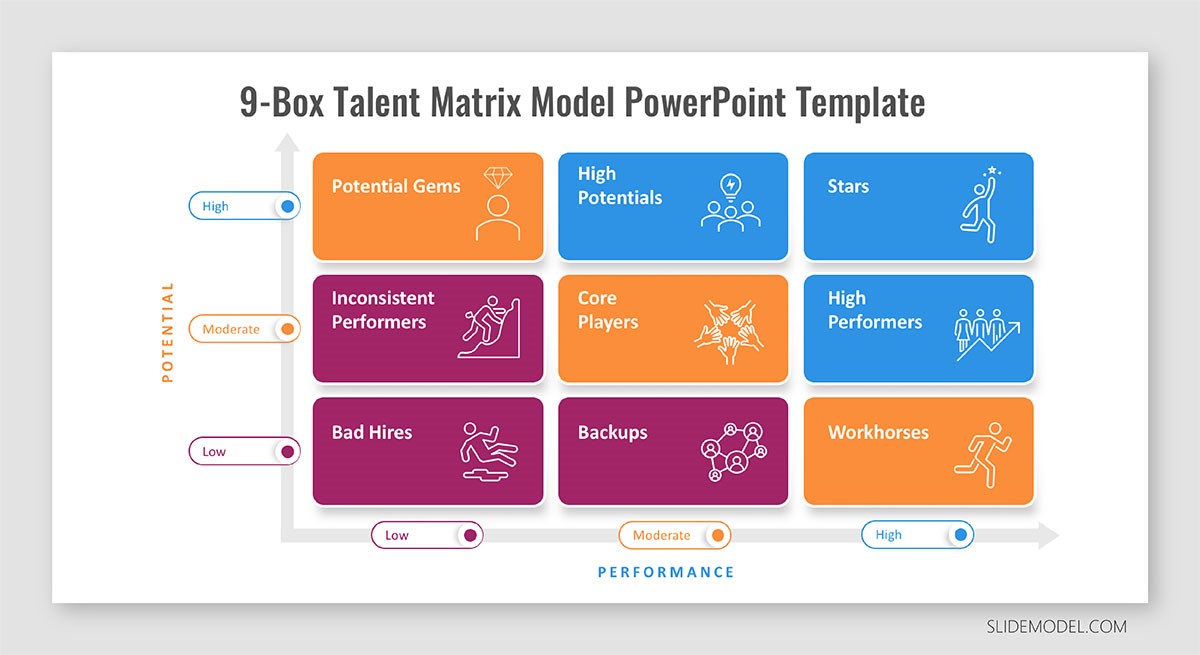
McKinsey 9-Box Talent Matrix
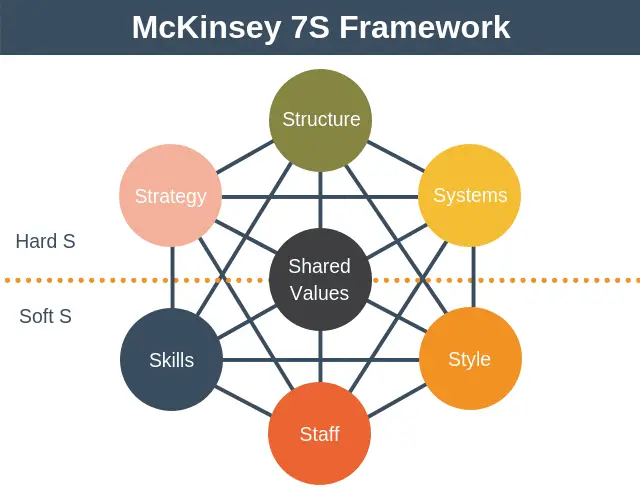
McKinsey 7S Framework
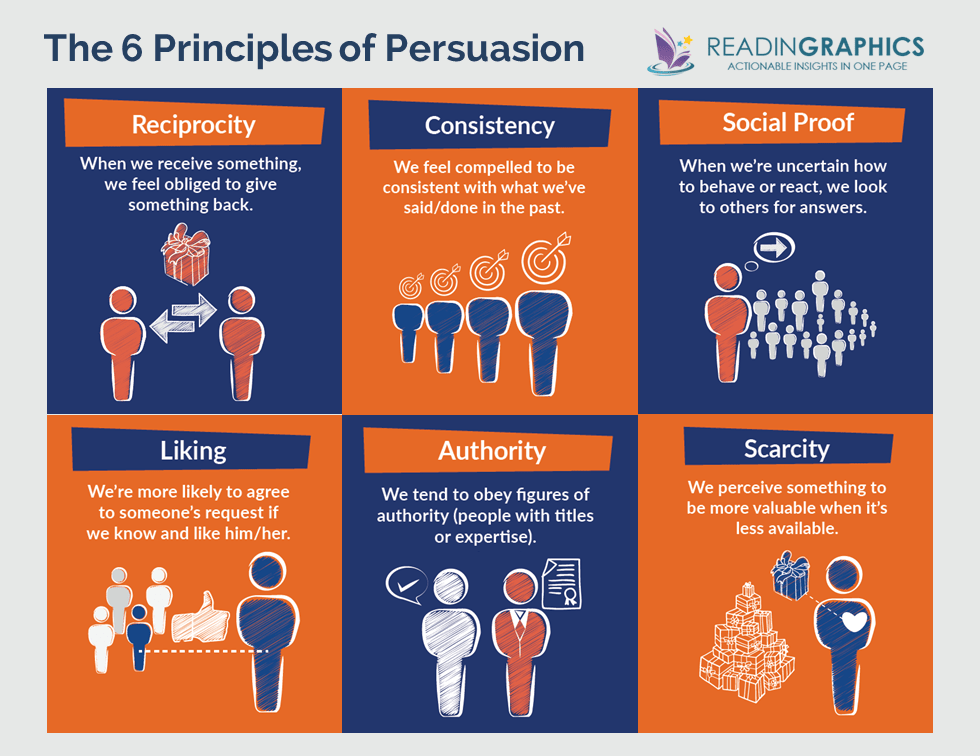
The Psychology of Persuasion in Marketing
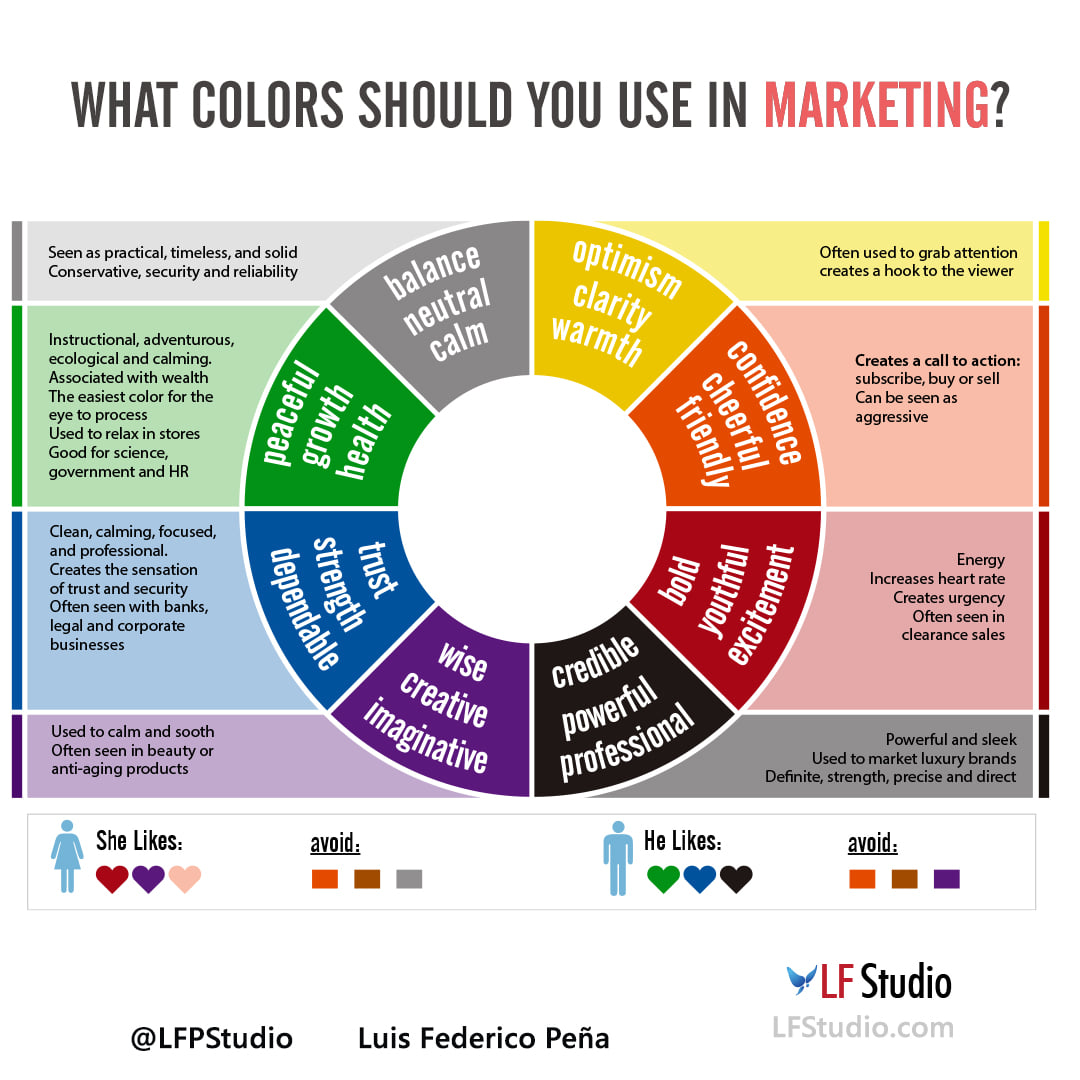
The Influence of Colors on Branding and Marketing Psychology



